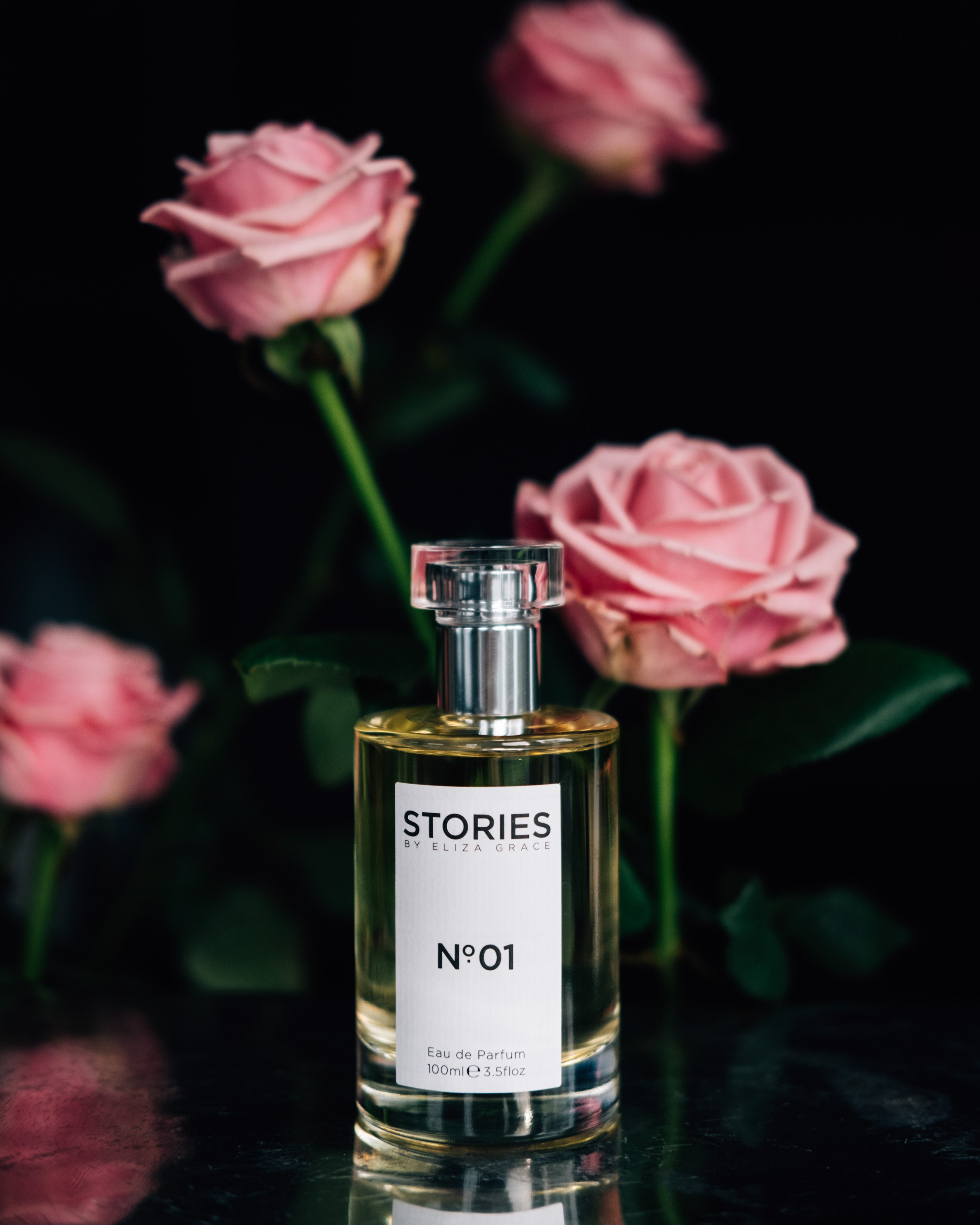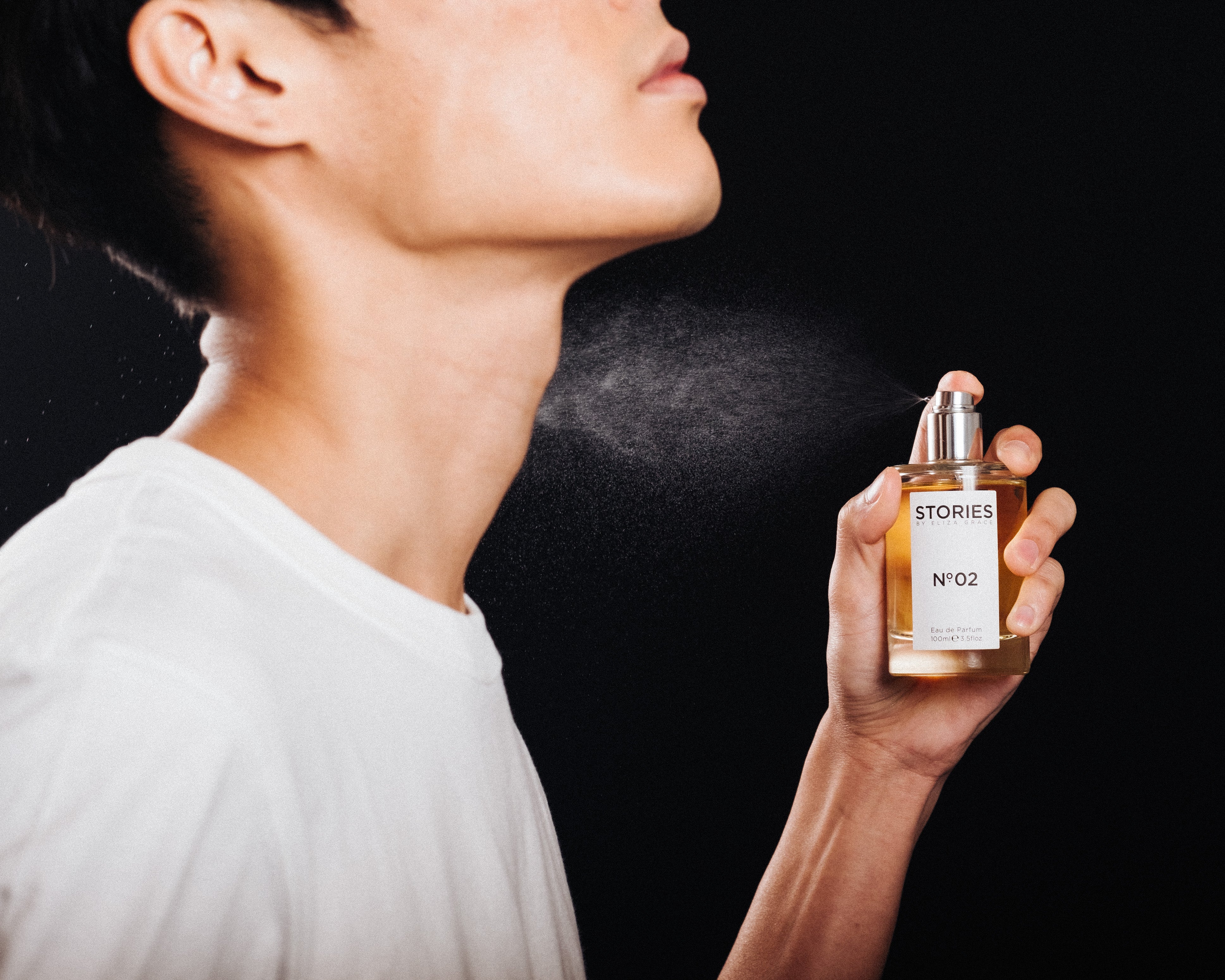Remembering Things Past
There is no doubt that certain smells evoke memories. They can remind you of a person, a geographical place or an era of your life. Scent brings back both positive and painful reminiscences and as our sense of smell is unique to us, so too are the responses they trigger.
The olfactory cortex, which processes sensory input, is part of the limbic system, a complex set of structures under the cerebrum in the brain. It includes the hypothalamus, the hippocampus and the amygdala and appears to be responsible for our emotional life and our formation of memories.
Involuntary Memory
Novelist, Marcel Proust, first coined the phrase ‘involuntary memory’ when working on his seven-volume novel ‘Remembrance of Things Past’ in the nineteenth century. In the first volume, Swann’s Way, the narrator dips a madeleine cake into a cup of tea and unlocks memories of his childhood.
I asked a group of women recently whether any smells triggered memories. One keeps a bottle of perfume her mother wore on her nightstand. She sprays it before bed as a way of remembering goodnight kisses she received as a child. Another cannot cross the threshold of a fishmonger as it brings back unpleasant memories of her grandparent’s house when the fish man called. Some shared a positive connection with Calpol. It conjured cosy recollections of days off school in the care of their mother. One woman could not use bleach in her home as she associated it with the hospital. She was only a baby when she underwent surgery, however, the olfactory connection remains strong.
Proustian Memory Effect
The ‘Proustian Memory Effect’ suggests that certain memories are formed early in life and are extremely powerful in driving human behaviour. Childhood memories related to scent can stay with people their entire lives. It can take something as innocuous as dipping a biscuit into your tea, catching the scent of lavender on a breeze or crossing a bleached floor to unlock them.
Research into the link between scent and memory is still developing and the knock-on effect on our mental health and well being is significant. STORIES Parfums fragrances utilize the power of memory and the stories that unravel as a result. Each of the blends were curated by Fragrance Designer, Tonya Kidd-Beggs, as part of her olfactory journey. On her visit to Grasse to work with the perfumer, she smelled hundreds of tiny glass bottles. The ones that triggered emotional responses were combined to chronicle Kidd-Beggs’ unique experiences.
The powerful thing about fragrance is our individual relationship with it. When you smell our Eau de Parfum, you will forge a unique connection with its notes and the story it tells about you. It will tap into your memories and has the possibility of unlocking something that was inaccessible until that moment.



Leave a comment
This site is protected by hCaptcha and the hCaptcha Privacy Policy and Terms of Service apply.